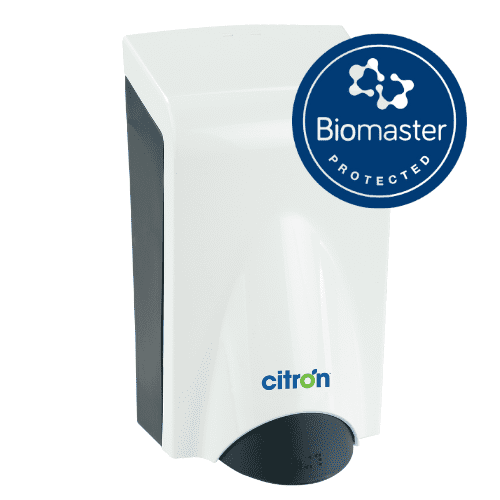Many things spring to mind when we think of silver… jewellery, coins and cutlery to name but a few – but did you know that this precious metal is also used in photography? Or in the manufacture of electrical equipment, as well as mirrors, medical and dental equipment? There’s also an even more unusual quality that you might not associate with silver. It is very successfully used in the fight against germs and bacteria, thanks to ‘silver ion technology’
Table of Contents
How Does Silver Ion Technology Work?
Silver Ion Technology might sound like something out of science fiction, but in actual fact, silver’s antimicrobial properties have been exploited for thousands of years. Ancient Egypt is known to have used silver in long-term water storage and in the 900s; Chinese emperors would use silver utensils in order to avoid poisoning
Silver ion technology refers to the ability of silver ions to bind to, and damage, the microbe cell wall. The damage inflicted on the cell means that germs are killed on contact and the transmission path of diseases is broken. The potency of silver to kill many species of pathogenic microbes means that many medical device manufacturers now incorporate the ion into their products, such as in urinary catheters, IV needles and wound dressings to help fight infections.
How Does Citron Hygiene Use Silver Ion Technology?
Citron Hygiene uses silver antimicrobial technology, known as Biomaster, across many of its products, such as hand sanitiser units and soap dispensers. Biomaster is incorporated into the handle manufacturing process where it forms a protective layer on the surface of the products. This helps businesses achieve the highest standards of hygiene and cleanliness by reducing the chances of hand to surface contamination. For high traffic areas, such as corporate washrooms, Biomaster provides an extra level of protection that can help militate against staff sickness and absence.
Looking to the future, silver looks set to be incorporated even further across medical and health equipment, as well as surfaces. It’s ability to destroy bacteria and control infection makes it an extremely attractive part of any business’s hygiene strategy.
